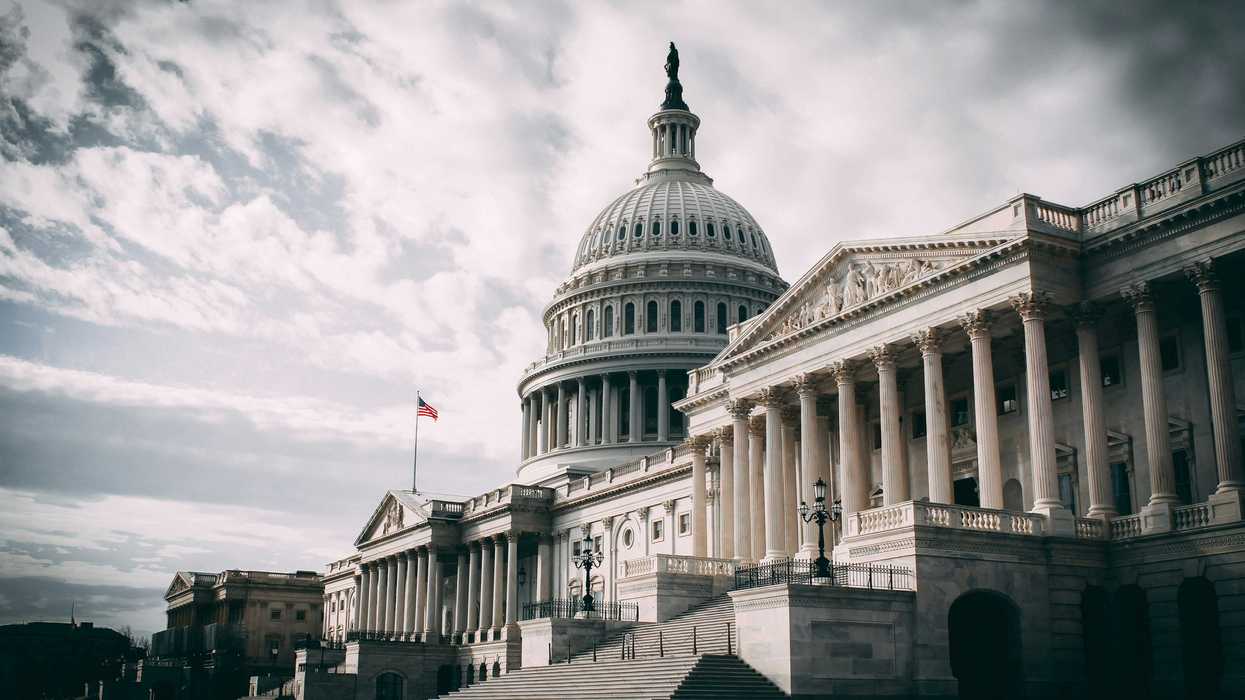While U.S. health secretary Robert F. Kennedy Jr. rails against the pharmaceutical industry’s grip on public health, his inner circle is cashing in on a booming, unregulated wellness economy.
Stephanie Armour reports for KFF Health News.
In short:
- Top wellness influencers advising the secretary of the U.S. Department of Health and Human Services, including those with no medical credentials, have earned millions while shaping federal health policy, raising ethics concerns about conflicts of interest.
- Companies tied to Kennedy’s team push controversial products like glucose monitors for healthy people and detox supplements for vaccinated individuals — often promoted via podcasts, social media, and fringe medical claims.
- Critics warn that the wellness industry, though smaller in lobbying power than Big Pharma, is gaining unchecked influence under the Trump administration, with regulatory blind spots and few safeguards for consumers.
Key quote:
“You shouldn’t have a vested interest in making recommendations on wellness or supplements or health. It opens the door to all kinds of shenanigans. Big Wellness is no different than Big Pharma. They’re a well-organized political force.”
— Arthur Caplan, founding head of the Division of Medical Ethics, New York University Grossman School of Medicine
Why this matters:
The wellness industry has long capitalized on distrust in mainstream medicine, branding itself as the antidote to profit-driven healthcare. While Kennedy blasts pharmaceutical giants for profiting off sickness and fear, the wellness orbit he’s built around himself is starting to look as if it's straight the same playbook. While pharma is rightfully scrutinized, the wellness industry's parallel rise poses its own risks: questionable products, murky science, and a regulatory blind spot that leaves consumers unprotected.
Read more:














